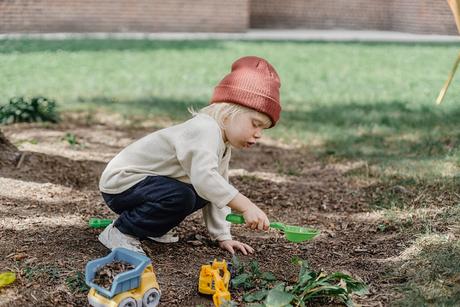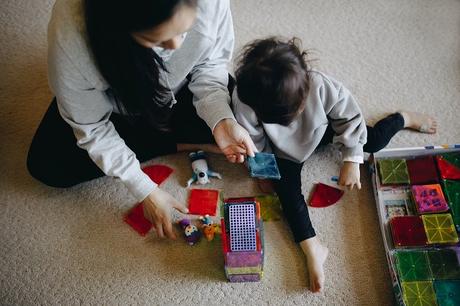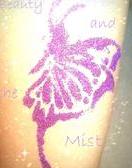Education is an important part of a child's growth and development, and educational toys play an important part in this process. The market for toys for learning has expanded significantly in recent years, providing a wide selection of products that cater to different age groups and developmental stages. Playthings like these are a vital supplement to a child's learning process since they encourage kids' cognitive, physical, and social development in addition to providing pleasure.
Cognitive Development
In order to improve children's cognitive development, toys that teach are essential. These items to play with, which range from puzzles and flashcards to interactive video games, help kids develop their problem-solving, critical thinking, and decision-making skills. Children's spatial reasoning and logical thinking abilities are developed through the process of figuring out how a puzzle goes together or how to construct a building. Additionally, educational products frequently include colors, shapes, and numbers to support early language and math development. Youngsters acquire academic topics through these exercises while also strengthening their focus, memory, and attention span, laying a solid basis for future learning.
Motor Skills and Coordination

Another area where educational items succeed is in the field of physical development. Children's fine and gross motor abilities are developed through the use of manipulative, grasping, and movement-based toys. For instance, threading beads improves fine motor abilities while building with blocks demands perfect hand-eye coordination. As many digital learning resources involve tapping, swiping, and other dexterity-enhancing actions, they can even help with physical development. Through such exercises, kids build muscle strength, enhance hand and finger dexterity, and master complex movements - all crucial components of the overall development that set kids up for success.
Creativity and Imagination
A crucial part of a child's growth is letting them use their imagination and creativity. Youngsters can explore their creative potential with educational goods that allow for open-ended play, such as building kits, art supplies, and imaginative playsets. These playthings inspire kids to think creatively, create their own stories, and express themselves freely rather than following predetermined rules. Play like this encourages creativity, originality, and problem-solving. For instance, great Montessori baby toys encourage inquiry and curiosity by allowing babies to interact with materials that are rich in sensory information and establish the groundwork for creative thinking.
Social and Emotional Learning

Learning toys can promote social connection and psychological growth in addition to solitary play. Children are encouraged to cooperate, communicate, and negotiate through the use of cooperative building projects, role-playing games, and board games, which help them develop social skills. Youngsters gain knowledge of sharing, taking turns, and empathy through these interactions. In addition, some educational toys, such as dollhouses and pretend-play sets, let kids explore various characters and situations, which helps them comprehend feelings, relationships, and societal conventions. A kid's social competence is greatly influenced by the emotional intelligence they receive from playing with educational objects.
Lifelong Learning and Curiosity
The advantages of toys that teach go beyond childhood; they foster a lifelong love of learning and curiosity. Children who from an early age associate learning with enjoyment and participation have a favorable attitude toward education. Playthings for learning encourage a growth mentality, in which difficulties are perceived as chances to learn and advance. This way of thinking enables kids to explore new things, learn new things, and keep learning new things. As kids get older, the abilities they pick up from educational items give them a strong foundation for academic success and a love of learning.
In conclusion, educational toys are essential for promoting children's growth and development. Caretakers and educators can create an atmosphere that not only entertains kids, but also enhances their mind, body, and social abilities, putting them on a path of lifetime learning and discovery, by introducing educational items into a child's playtime routine.
About the author:
Peter is a fashion stylist and a writer from Brisbane, Australia. After graduating from Australian Institute of Creative Design he worked as a fashion stylist for few local fashion events. Beside fashion and styling, he enjoys traveling around exotic destinations and discovering new vintage stores. He's future plans are in creating his personal styling business.

